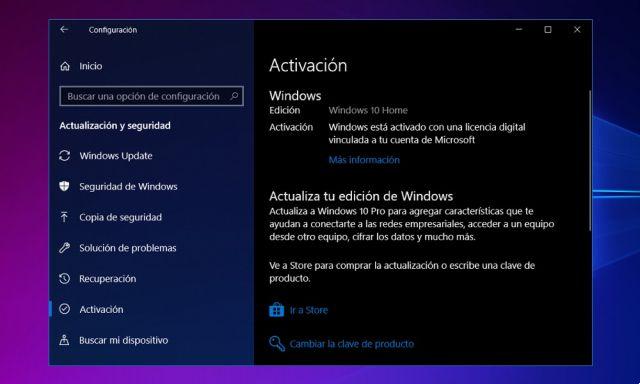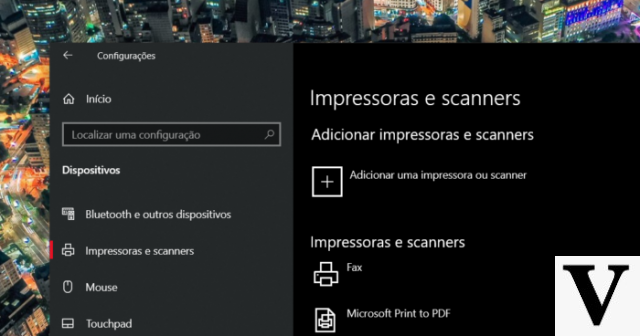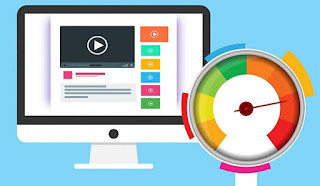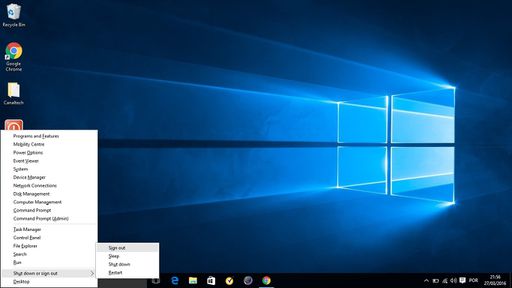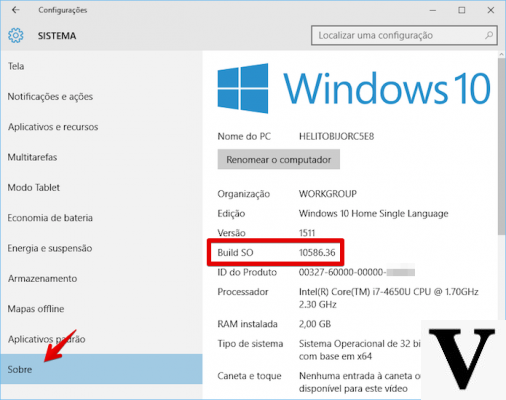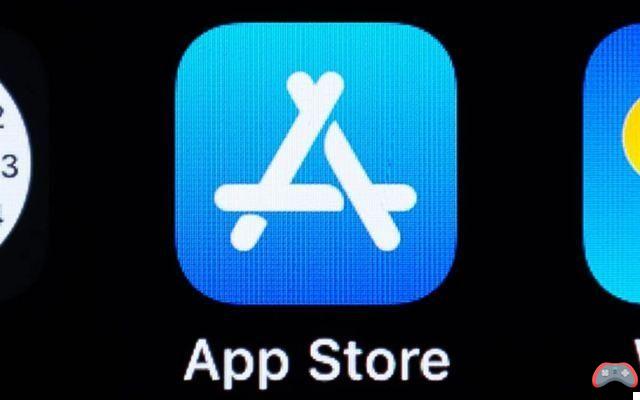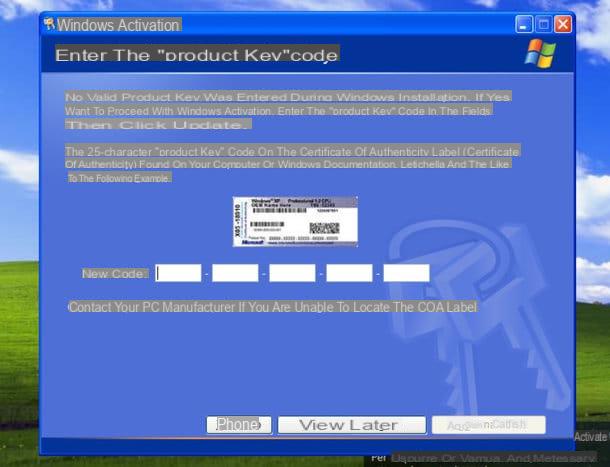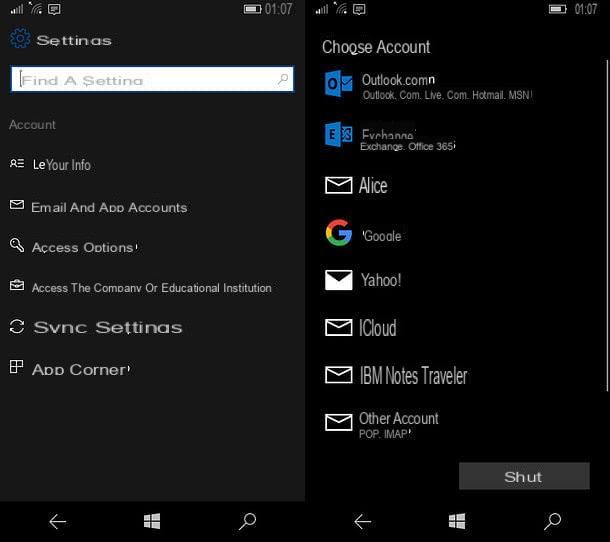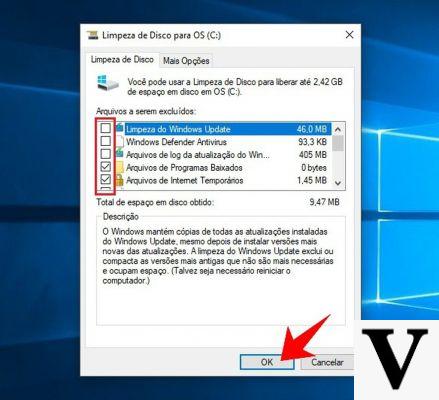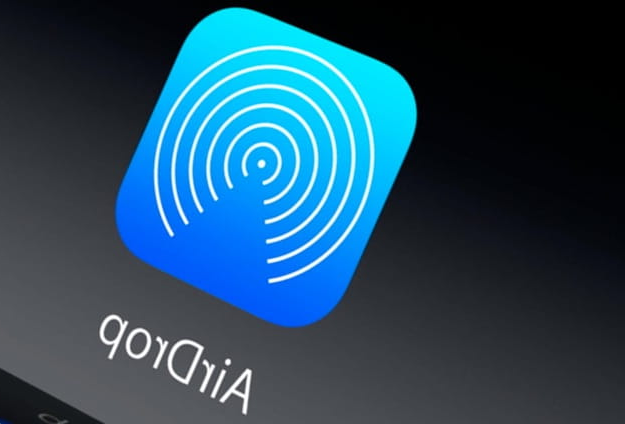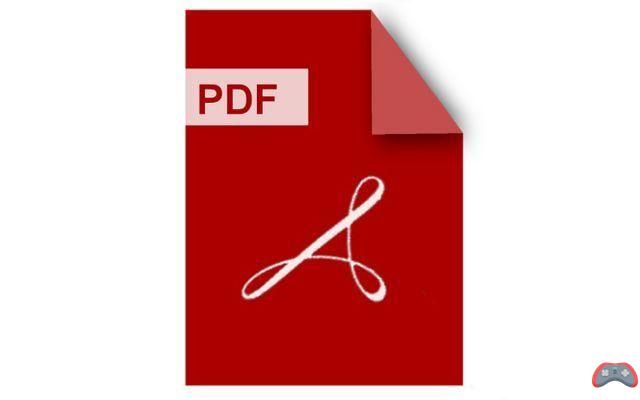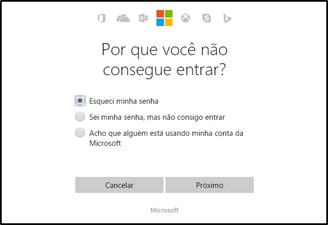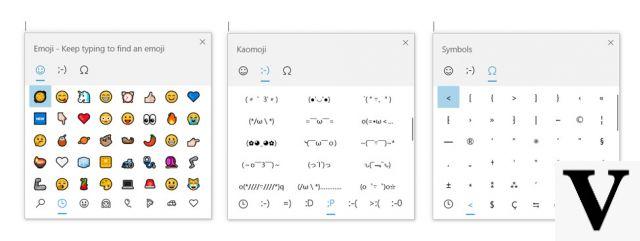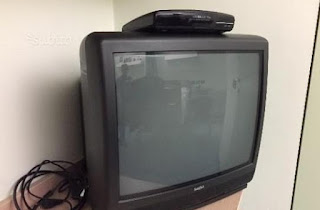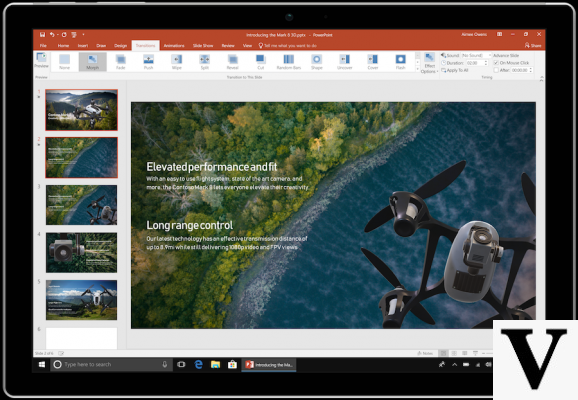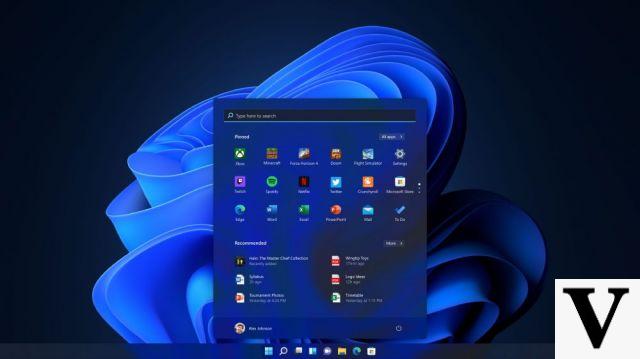
Microsoft's next operating system continues to hold its own. We have not talked about anything else for days, since Redmond announced during a streaming event Windows 11 that is the new version of the operating system called to collect the multi-year legacy of Windows 10.
During the event on June 24th, Microsoft unveiled the main innovations of Windows 11 along with a series of other information, such as the effective availability of the new operating system on which, however, it has remained rather buttoned up. In fact, CEO Nadella made it known that to see him at work it would be necessary to wait for "the next holidays", which opened the possibility that the distribution would start around November, at the latest around mid-December. And it's a shame, since also by virtue of the fact that the upgrade to Windows 11 will be free for all those who own a Windows 10 license, the expectation of the new operating system was immediately skyrocketed.
Long time to upgrade to Windows 11
Windows 11 it will arrive near Christmas 2021, but it will only be found in the devices on the market at that time. In other words, Windows 11 will be preinstalled on newly manufactured computers, laptops, tablets and companies by the end of the year, while the free upgrade promised to Windows 10 users will take longer.
Microsoft has made it known through the Twitter profile that Windows 11 "will be released by the end of 2021", while the update for devices with Windows 10 will start in 2022 to be completed by the first half of next year, therefore indicatively by June 2022.
Not surprisingly, it will take a semester for Windows 11 to reach all "entitled": Microsoft along with most manufacturers has been adopting the distribution staggered updates, a groups of devices, a system designed to prevent any bugs present in the first stable versions of the update from spreading on a large scale.
Most software updates for Android smartphones rely on gradual updates for the same reasons, and in the case of Windows 11 it is perhaps even more important since it is and it will go into use on the most disparate machines in terms of hardware configurations, a variety that could bring to light more or less serious problems not identified and not even identifiable during development and testing.
Many machines will not be able to accommodate Windows 11
Le bad news for those waiting for Windows 11, sadly, it didn't end there. Microsoft has adjusted the minimum requirements for accessing the next version of its operating system, and the novelty is that the modulo Trusted Platform Module in version 1.2 as incorrectly indicated above, but the 2.0 version.
Until a few hours ago, in fact, the TPM 2.0 module was part of the recommended requirements and not the minimum, while now it is clear that many machines, even relatively recent ones, will be impossible to upgrade to Windows 11. The chips starting from generation 8 of the Core Intel and AMD Ryzen 2000 integrate their revision of Trusted Platform Module 2.0, and they will therefore be supported by Windows 11.
The restriction, which will leave many unsatisfied users, we realize, aims to increase system security, especially in a historical moment shaped by the needs that arose with the pandemic.
Microsoft probably wanted to push on security sensitive data in the design phase of the Windows of the future by virtue of the fact that, due to teleworking or smart working, if you prefer, the boundary between the consumer and business use of the machines has narrowed considerably, therefore greater security is needed in both areas, especially in the first. Difficult choice then, which nevertheless seems correct.
Windows 11, Microsoft rethinks it and there is bad news for those who await it







